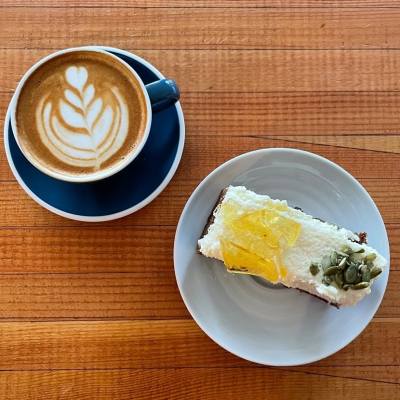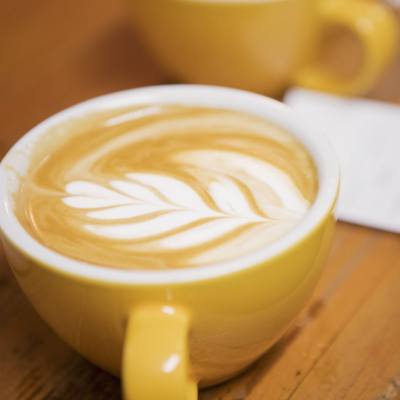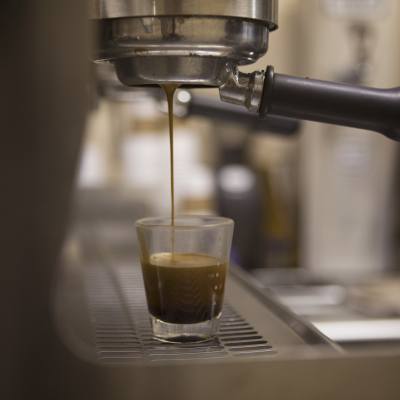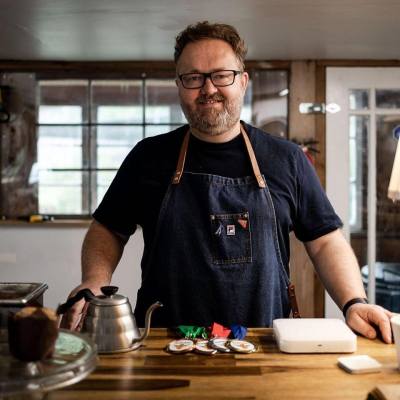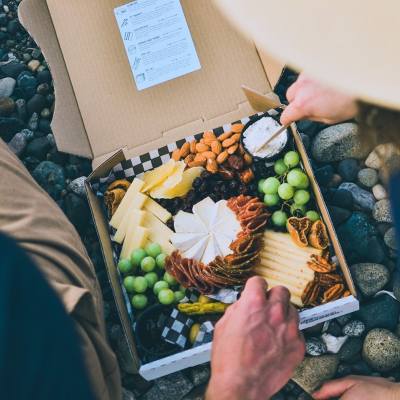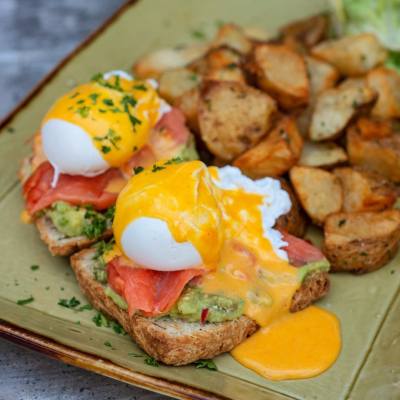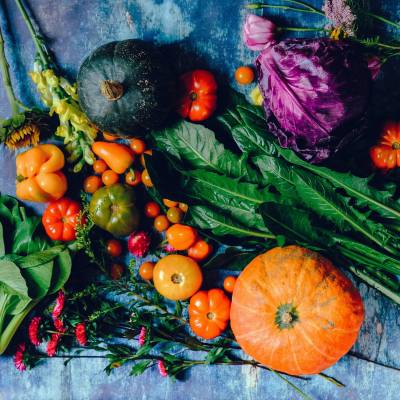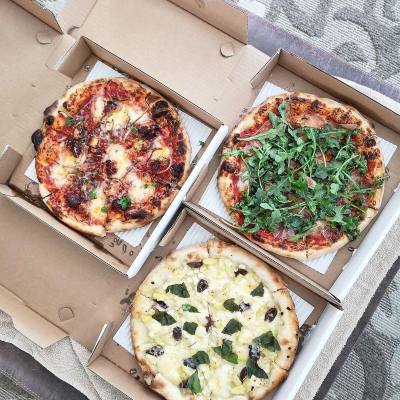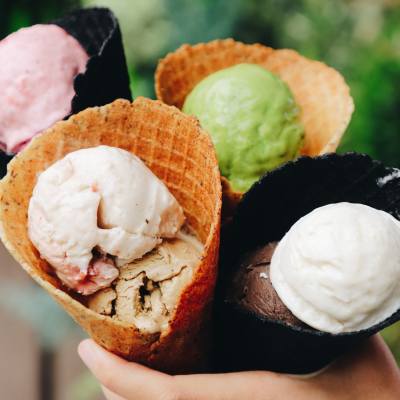Temporary Closure of Beaches to Dogs
Beaches within the Parksville Qualicum Beach Wildlife Management Area (PQBWMA) will be temporarily closed to dogs to the annual Brant geese migration. Rathtrevor Beach will be closed to dogs from February 15 to April 30. Parksville Bay Beach and Qualicum Beach from March 1 to April 30.
More InfoThe Coffee Bean Journey
How coffee beans make their way from growers around the world to homes in Parksville Qualicum Beach.
“Statistically, people drink a lot of coffee in Canada,” states Jeremy Perkins. “It really does make the world go ’round.” He would know, since he is the owner of French Press Coffee Roasters in Parksville Qualicum Beach and has over 22 years’ experience in the coffee industry. And the community he’s located in has a healthy variety of working professionals, young families and retirees, all of whom enjoy a good cup of coffee from one of the local roasters.
“ I think it’s important for me to let people know more about coffee. ” Jeremy Perkins | French Press Coffee Roasters
But while the average coffee drinker has their taste preferences and enjoys waking up to a hot cup, few of us think daily about where the coffee beans come from, and how they make their way to small roasters on Vancouver Island. Informing his customers about the geographical and political nature of coffee is something Perkins believes in. “I think it’s important for me to let people know more about coffee.”
For instance, the dream of direct trade is just that—a dream. “You would believe sometimes that they [roasters] have such a close-knit relationship with the farmer that grows this coffee. Quite frankly, I’d say 99% of the time it is just not true.” He says that while he’d love to “stroll into Ethiopia” and buy 279 bags of coffee, it’s not realistic to their capacity. So instead, it’s most common to buy from a coffee importer. “They buy lots of coffee and send you samples,” he explains. From there, roasters can buy smaller amounts of beans suited to their tastes and needs. For French Press, that includes coffee from Indonesia, Tanzania, Ethiopia and Columbia—or, “the coffee belt.”
Coyote Coffee Roastery also uses brokers to find their coffee. Alison Carradine explains how they test a small amount of new beans before committing to a larger purchase. “A lot of times we’ll try one bag of something. If we really like it, we’ll bring it to the customers. And if the customers really like it, well, now we’re going to buy a pallet.”
“ We take the price for the farmers into consideration, and we can do that a lot more with the smaller farms ” Alison Carradine | Coyote Coffee Roastery
But it’s not just the flavour that determines which beans they purchase. They also think about the price for the farmers. “We take the price for the farmers into consideration, and we can do that a lot more with the smaller farms,” Carradine explains. “It allows us to purchase those more expensive beans where the money goes more towards their employees.” She says that many of the mass farms can’t do that, and it’s why they try to find Fairtrade Organic coffee. “We’re taking less of a profit, but we’re able to try something new and benefit that farmer and their employees.”
A beautiful thing about coffee is that despite the term being an umbrella word for beans from all over the world, there are many different ways to prepare the drink. “I think we’re all doing slightly different things for slightly different markets,” Perkins says of the roasters in Parksville Qualicum Beach. In other words, regardless of your preferences, you’ll easily be able to find your new favourite cup of coffee in the region.
